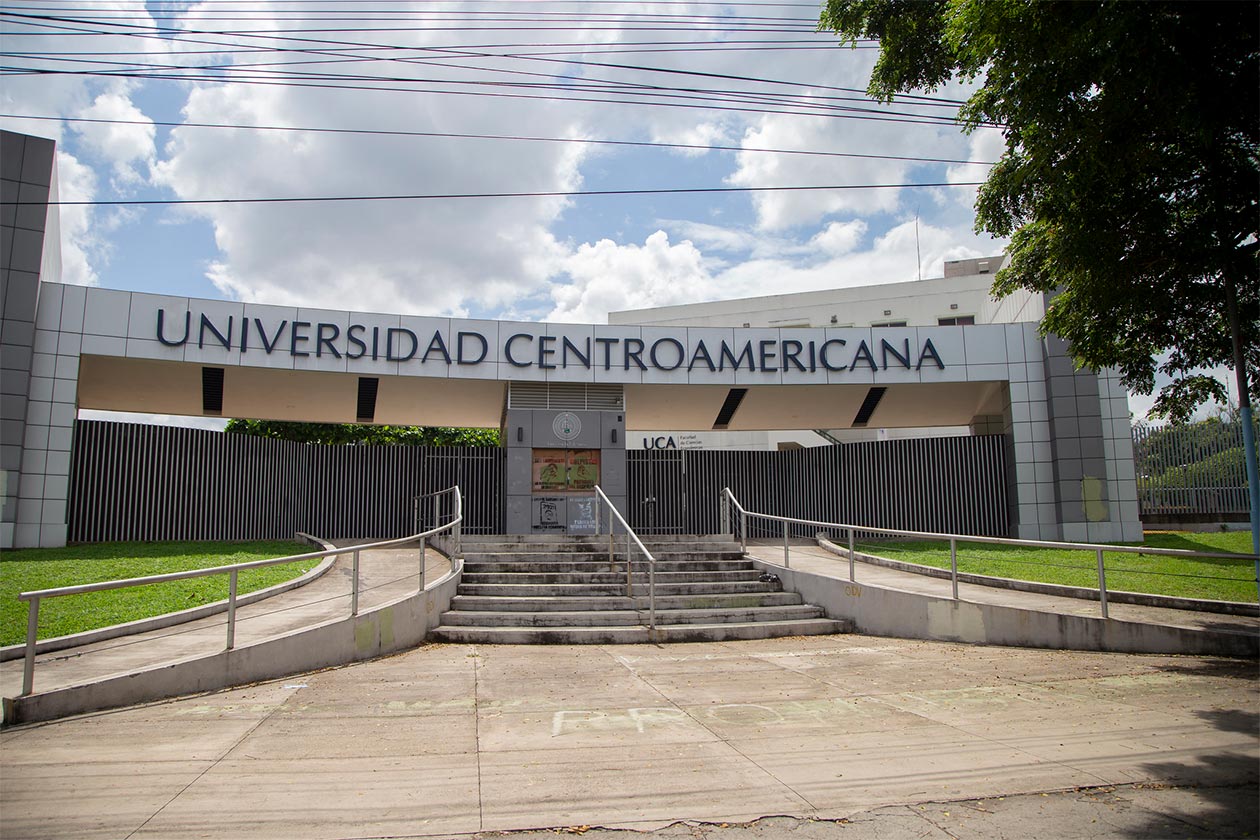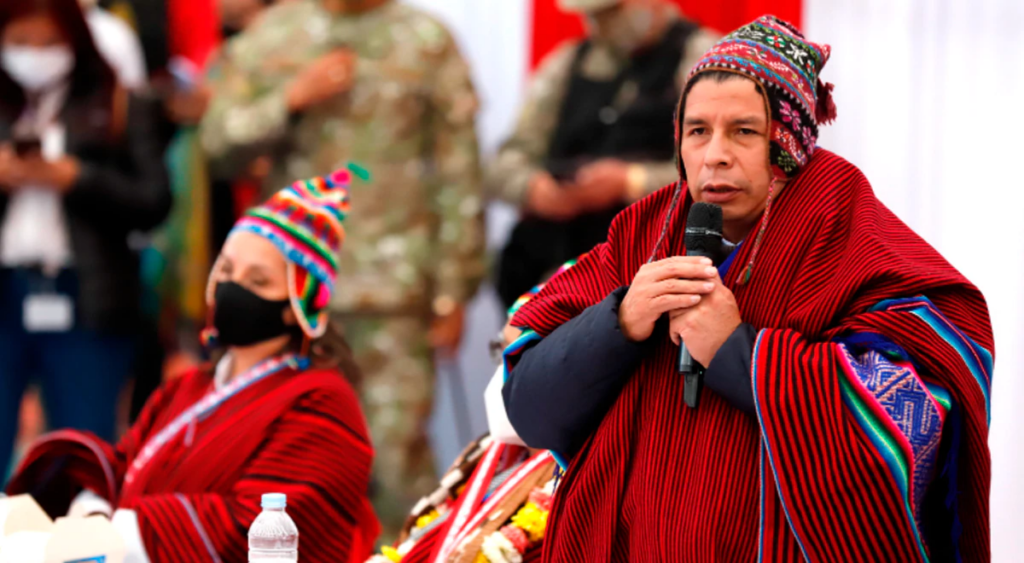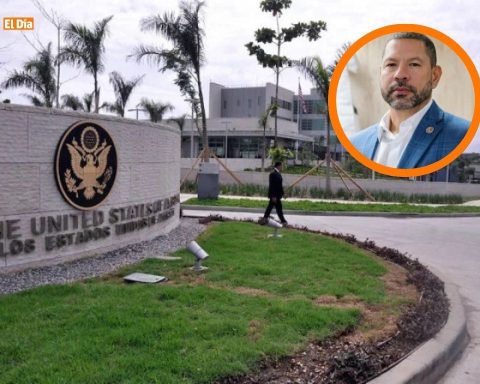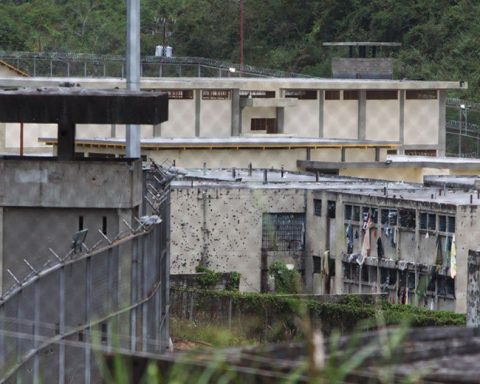The Antonio de Valdivieso International University (UNIAV) was designated by the Superior Council of Universities (CNU) to form part of it as a “private university”. In this way, the Central American University (UCA) is left out of the CNU and will no longer receive the budget item from the constitutional 6%, affecting access to scholarships for hundreds of young people.
In article 56 of the reform approved to the General Law of Education and Law of Autonomy of Higher Education Institutions (IES), it indicated that a “private university” should be part of the CNU. Education specialists saw it as unlikely that the CNU authorities, aligned with the Ortega regime, would choose the UCA; in effect, with the choice of UNIAV, the Jesuit university is officially excluded.
The Law also orders that 6% be divided among the ten HEIs that make up the CNU, as determined in article 58 of the reform: the CNU must “approve the policy and distribution of funds allocated to state and community and intercultural universities established in article 56 of this law… the CNU may designate a budget item in favor of the private university…” reads the document published in the Official Gazette, La Gaceta, on Wednesday, April 6.
The budget allocated for universities and higher technical education centers in 2022 is 5,508,130,312 cordobas, according to the General Budget of the Republic.
Ernesto Medina, a specialist in education, assured that with the appointment of the UNIAV, the “UCA is already outside the CNU and therefore, according to the reform they made, it is also outside the 6%”.
In a recent interview with this weekMedina pointed out that the regime appealed against the UCA through economic drowning, separating it from the CNU and access to 6%.
“They know that the same ridiculous considerations that they used to cancel the legal status of the other universities could not be applied to the UCA, nor could they arbitrarily close it,” he said. Since the approval of the reform, on March 31 to date, the UCA has not commented on the matter and currently the university is on vacation for Easter.
In the last four years, the Central American University failed to receive 250.9 million cordobas in budget allocations, according to an analysis by CONFIDENTIAL. In 2022, he barely received one million cordobas, as part of the 6%.
The professor considered that these measures imposed by the Ortega regime against the UCA also aim to “give signals to other universities, telling them, if we can with the UCA, we can with anyone, so they better line up, because their ultimate goal is silence the critical voices that can still remain in the universities”, he expressed.
The onslaught of the regime of Daniel Ortega and Rosario Murillo against the Jesuit university has intensified since 2018, with the social outbreak of civic protests. The house of studies was a refuge for thousands of Nicaraguans who fled the massacre of May 30, in 2018; but in addition, his campus, shortly before the pandemic, was the only safe place where students protested against government authoritarianism.
The UCA has also denounced the human rights crisis that the country is going through. His stance in favor of the people and defense of his students -several of them imprisoned- has brought him retaliation by the Government. The dispossession of the state budget occurs in a context of worsening repression and greater control against universities and civil society organizations, through laws that legalize the confiscation and intervention by the CNU and the Ministry of the Interior (Migob).
Who make up the CNU?
The constitutional 6% will be distributed among the state universities: National Autonomous University of Nicaragua (UNAN-Managua), UNAN-León, the National University of Engineering (UNI), the National Agrarian University (UNA), and the three recently created, after the dispossession of legal status to five private universities and the subsequent occupation of their property by the CNU.
The Assembly converted the Agricultural Catholic University of the Dry Tropics (Ucatse) into the Francisco Luis Espinoza Pineda National University; the Polytechnic University of Nicaragua -bastion of the student struggle in 2018- in the National Polytechnic University (UNP)and finally, with the goods confiscated from the Hispanic American University (Uhispam), Nicaraguan University of Humanitarian Studies (Uneh), Popular University of Nicaragua (Uponic) and the Paulo Freire University (UPF) created the Ricardo Morales Avilés National Multidisciplinary University.
The Blufields Indian and Caribbean University (BICU) and the University of the Autonomous Regions of the Nicaraguan Caribbean Coast (URACCAN) are also part of the CNU. And now, the UNIAV -but as a private entity-, since before it was part of the CNU as the International School of Agriculture and Livestock of Rivas (EIAG).
“UNIAG functions almost entirely, thanks to the 6% that the State of Nicaragua provides to the universities that belong to the CNU. This contribution allows the university to prioritize the poorest young people in the country”, indicates the university, which belongs to the Dominican religious order, on its website.


















